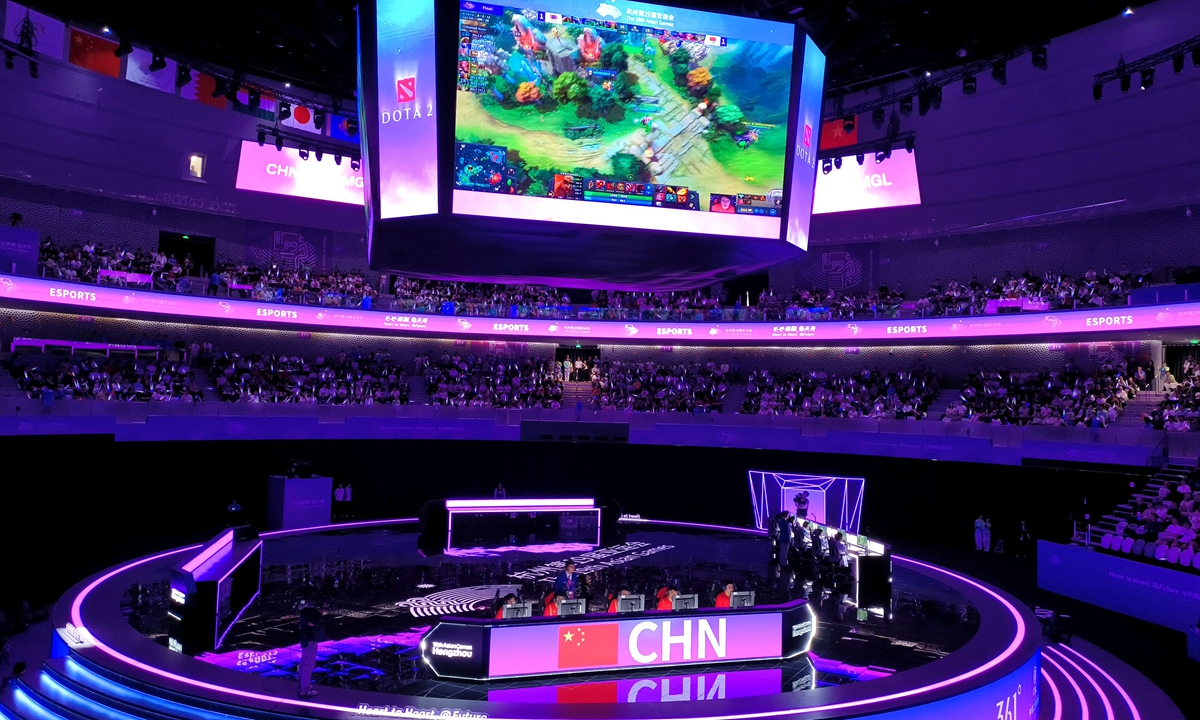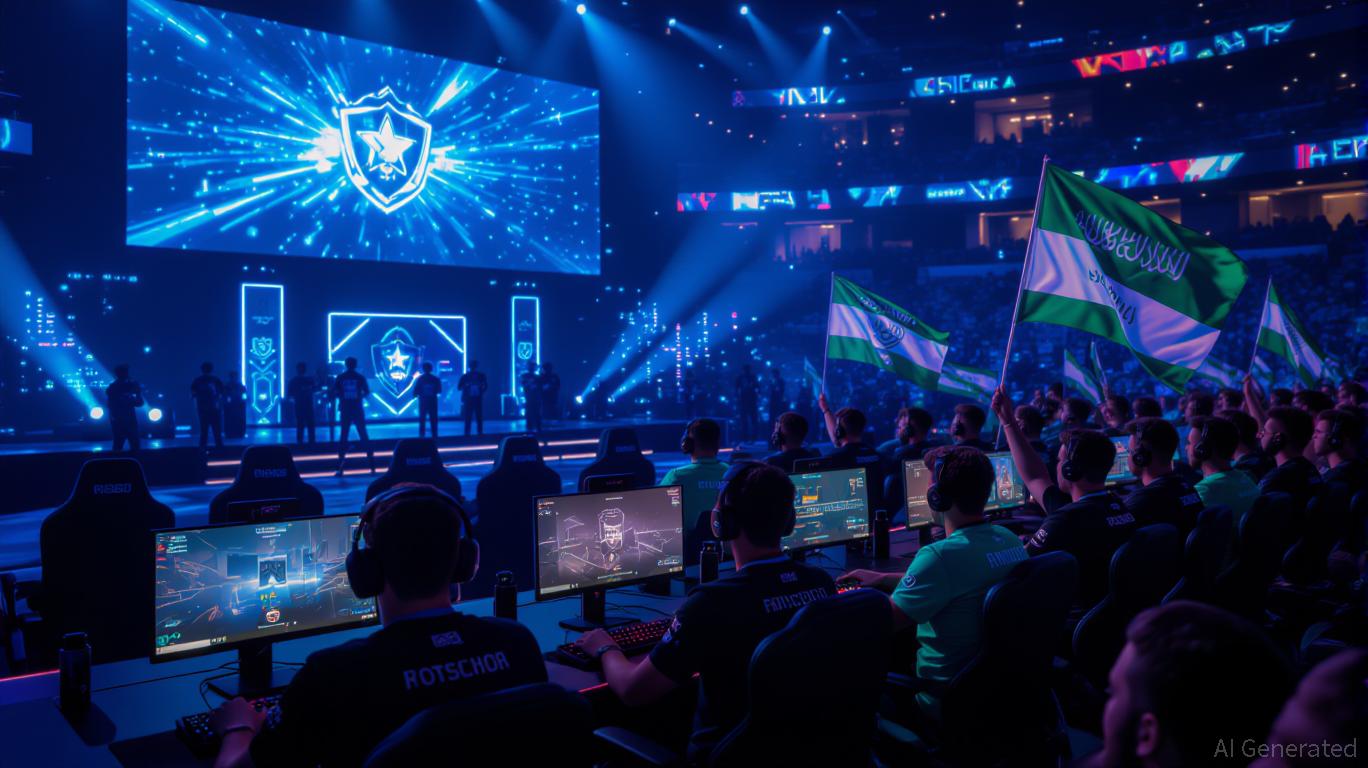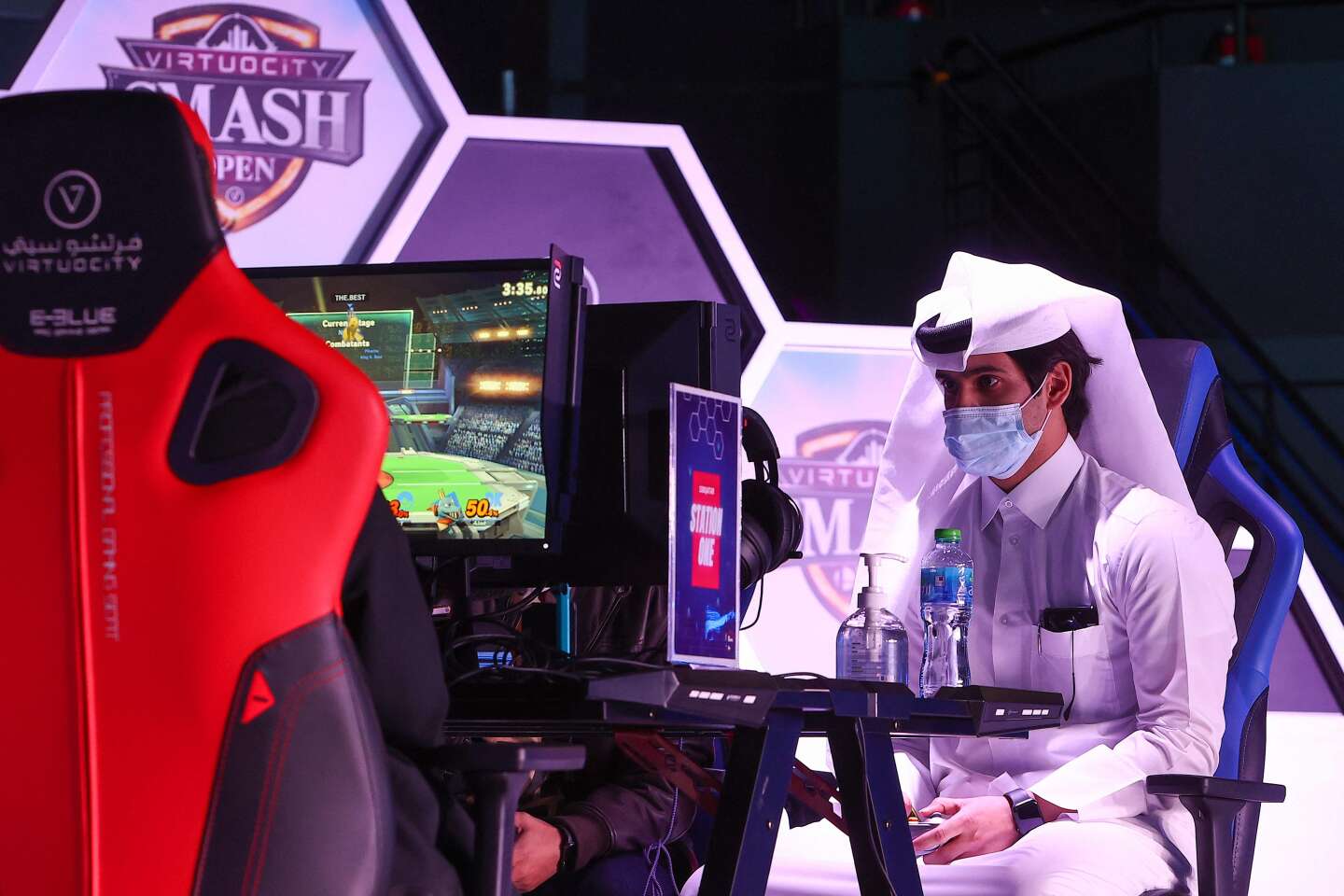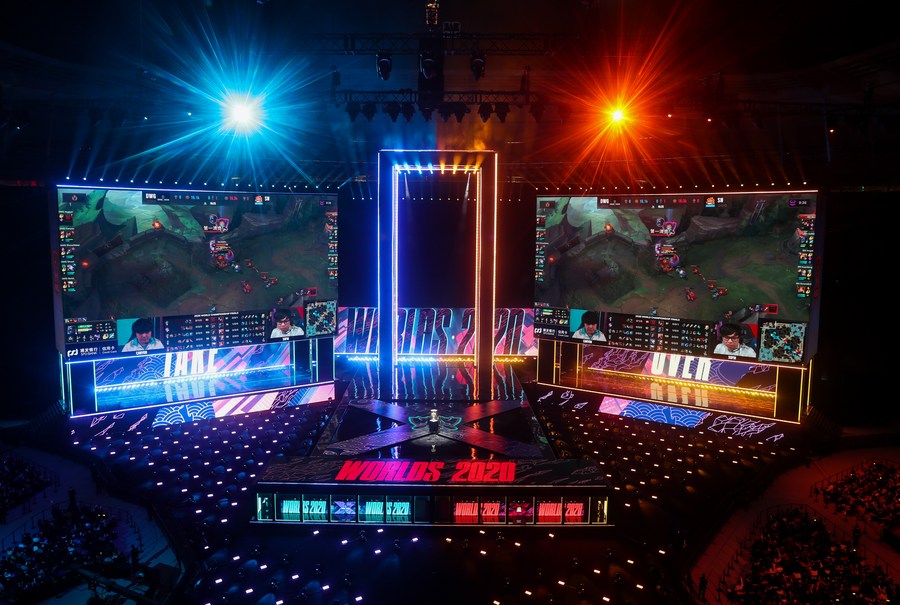Overview of Esports as a Global Cultural Platform

International esports tournaments have evolved into more than competitive events; they now serve as platforms for cultural diplomacy and soft power projection. As one analysis notes, esports is not merely about players battling in virtual arenas, but rather acts as a medium that brings people together by breaking down language and cultural barriers[1]. This transformation in the esports landscape underscores its role in building global connectivity and fostering mutual understanding among diverse communities[1].
Soft Power and Nation Branding in Esports
Soft power in esports is increasingly visible as nations integrate competitive gaming into their cultural and economic strategies. For instance, the introduction of nation-based tournaments, such as the Esports Nations Cup, redefines competitive gaming by shifting the focus from club rivalries to national pride and identity[2]. This event emphasizes the value of national organization by enabling players to represent their countries on a global stage, thereby enhancing the brand image of nations through sports and digital media[7].
Countries such as China are actively using esports as a tool for soft power. Chinese media highlights how the nation's leading esports teams and high-profile players help export a form of entertainment that competes with traditional Hollywood productions, reinforcing a national identity that appeals globally[10]. Similarly, Gulf countries are leveraging esports to reposition their international image and diversify their economies, employing tournaments as instruments of influence that align cultural promotion with economic objectives[5].
In addition, industry analyses underline that state-sponsored tournaments can also serve as vehicles for nation branding, as investments in giant esports events are designed not only to support the competitive ecosystem but also to create enduring symbols of national progress and cultural vitality[11].
Cross-Cultural Exchange and Global Connectivity

Esports events provide fertile ground for cross-cultural exchange by uniting participants and audiences from diverse backgrounds. As described, in-game communication and shared competitive experiences have a universal quality that transcends traditional language barriers, thereby facilitating a rich dialogue among fans and players worldwide[1]. Major international tournaments continually bring together teams and competitors from different continents, enabling direct cultural interactions and the exchange of ideas and traditions[3].
Moreover, popular titles that incorporate cultural narratives and historical elements, such as those developed by major firms embedded in national politics, serve as conduits for showcasing traditional values and national mythology. These games act as modern ambassadors, transmitting aspects of national culture to international audiences through their design and storytelling[4].
Diplomatic and Economic Implications
The integration of esports into national agendas presents significant diplomatic and economic benefits. Tournaments like the Esports Nations Cup offer a predictable structure that encourages long-term investment in regional esports infrastructure and talent development, thereby strengthening economic ties and enhancing regional cooperation[2]. These events, often supported by large-scale state funds, also serve to legitimize and bolster national identity in the international arena[7].
Furthermore, esports is increasingly recognized as a component of sports diplomacy with parallels to traditional sporting events such as the Olympic Games. As international organizations and governments acknowledge the strategic potential of esports in public diplomacy, these competitions are viewed as an opportunity to foster dialogue, mitigate geopolitical tensions, and enhance bilateral relations through shared cultural and sporting experiences[9].
Economic analyses also note that investments in esports tournaments can stimulate growth across multiple sectors including technology, broadcasting, and tourism. As national and international brands align themselves with these tournaments, the resulting sponsorship and media deals contribute to a burgeoning global industry, further intertwining cultural influence and economic opportunity[11].
Conclusion
In conclusion, international esports tournaments have emerged as significant instruments of cultural diplomacy that facilitate soft power projection, nation branding, and cross-cultural exchange. By uniting diverse players under the banner of national pride and shared cultural values, these events not only redefine competitive gaming but also serve broader diplomatic and economic objectives. As governments and private stakeholders continue to invest in esports, the confluence of digital entertainment and state-driven initiatives promises to reshape global perceptions and reinforce national identities in an increasingly interconnected world[10].
Get more accurate answers with Super Pandi, upload files, personalized discovery feed, save searches and contribute to the PandiPedia.
Let's look at alternatives:
- Modify the query.
- Start a new thread.
- Remove sources (if manually added).




